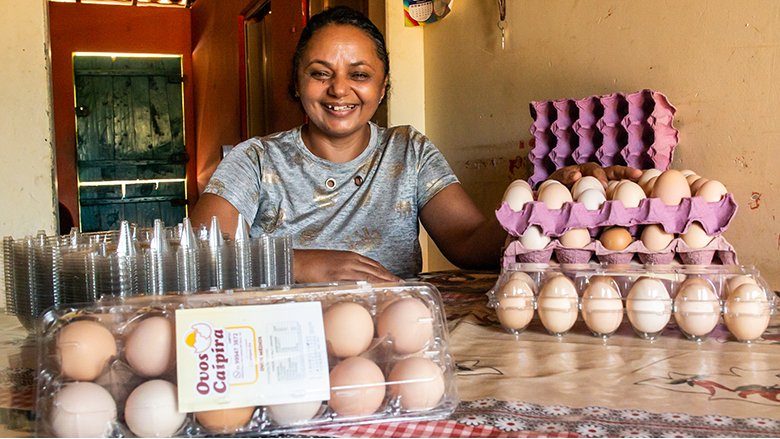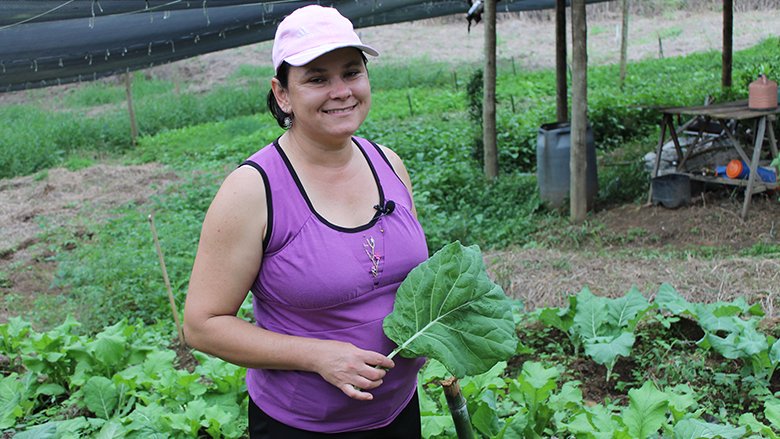Challenge
Brazil has strong policies protecting women. Actions at the federal, subnational and community levels bring policies into reality. Girls tend to study longer than boys; nearly two-thirds of university graduates in Brazil are female. However, equal access to economic opportunities is still a distant goal. Women earn about 77 percent of men’s wages and are concentrated in low-productivity, low-paying jobs. During the COVID-19 pandemic female labor force participation fell from 66 to 62 percent, and women in service sectors suffered from the virus and economic disruptions. By the end of 2021, women experienced higher unemployment - 13.9 percent (16.6 percent for Afro-Brazilian women) compared to the 11.1 percent country average. Maternal mortality and gender-based violence increased. Afro-Brazilian women face the worst obstacles to accessing health care, services, and jobs.
Approach
The World Bank has made strides in promoting gender equality and contributed to this essential priority using analytics and investments. Its support helped shape policies and programs across Brazil. The financing is used for projects that help increase women’s access to productive opportunities (such as productive farming technologies and land titles), address the risks of violence, and give women better access to social protection and public services. World Bank-supported projects also contributed to fostering women’s participation in decision making. Analytical and advisory work on women’s empowerment and gender-based violence prevention helped guide the directions of investments and inform dialogue with the government ministries, including through project-level Gender Action Plans. Partnerships with donors and regional banks help pilot and scale innovations, including through joint work in the Amazonas.

